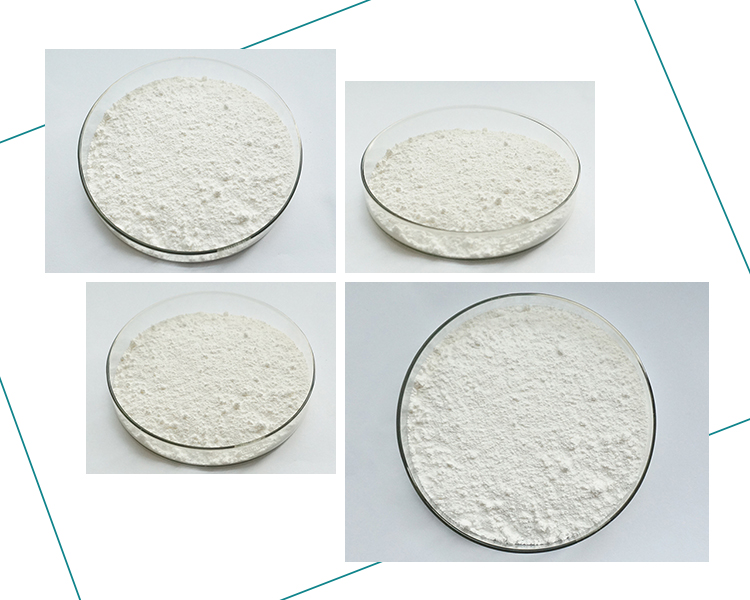Zinc gluconate is a chemical compound formed by the combination of zinc and gluconic acid. The basic ingredients of zinc gluconate include:
Zinc: Zinc is a metallic element and an essential mineral that plays various roles in the body. It is commonly used in dietary supplements and medications.
Gluconic Acid: Gluconic acid is an organic acid that is derived from glucose. In the context of zinc gluconate, it serves as the ligand or compound that binds with zinc to form the salt.
The chemical formula for zinc gluconate is typically represented as C12H22O14Zn. It’s important to note that the exact formulation of zinc gluconate supplements or medications may include other ingredients such as binders, fillers, and stabilizers, depending on the specific product and its intended use. Always refer to the product label or consult with a healthcare professional for detailed information about the ingredients in a particular formulation.

Application of Zinc Gluconate
Zinc gluconate is a form of zinc, an essential mineral that plays a crucial role in various physiological functions within the human body. Zinc gluconate is often used as a dietary supplement to address zinc deficiencies and support overall health. Here are some common applications of zinc gluconate:
1.Dietary Supplement:
Zinc Deficiency: Zinc gluconate is commonly used as a dietary supplement to address zinc deficiencies in individuals who may not be getting enough zinc from their regular diet. Zinc is important for immune function, wound healing, and DNA synthesis.
2.Cold Remedies:
Immune Support: Some people use zinc gluconate lozenges or tablets as a remedy for colds and respiratory infections. There is some evidence suggesting that zinc may help reduce the severity and duration of cold symptoms.
3.Oral Health:
Mouth Rinses: Zinc gluconate is included in some mouth rinses and oral care products due to its potential antibacterial properties. It may help in promoting oral health by inhibiting the growth of bacteria that can contribute to plaque and gingivitis.
4.Skin Health:
Topical Applications: Zinc gluconate may be included in topical creams or ointments for skin conditions such as acne. Zinc has anti-inflammatory properties and is involved in wound healing, making it beneficial for certain dermatological issues.

5.Eye Health:
Macular Degeneration: Some studies have explored the potential benefits of zinc supplementation, including zinc gluconate, in slowing down the progression of age-related macular degeneration (AMD), a common eye condition that can lead to vision loss.
6.Gastrointestinal Health:
Diarrhea Treatment: Zinc supplementation, including zinc gluconate, is recommended in some cases of diarrhea, particularly in children in developing countries. It can help reduce the duration and severity of acute diarrhea.
7.Prostate Health:
Prostate Disorders: Zinc is found in high concentrations in the prostate gland, and some research has investigated the role of zinc supplementation in supporting prostate health. However, more studies are needed to establish conclusive evidence.
It’s essential to note that while zinc is crucial for health, excessive intake can lead to toxicity. It’s important to follow recommended daily allowances and consult with a healthcare professional before starting any supplementation, especially for long-term use or in higher doses. Individual health needs vary, and a healthcare provider can provide personalized advice based on specific circumstances.
